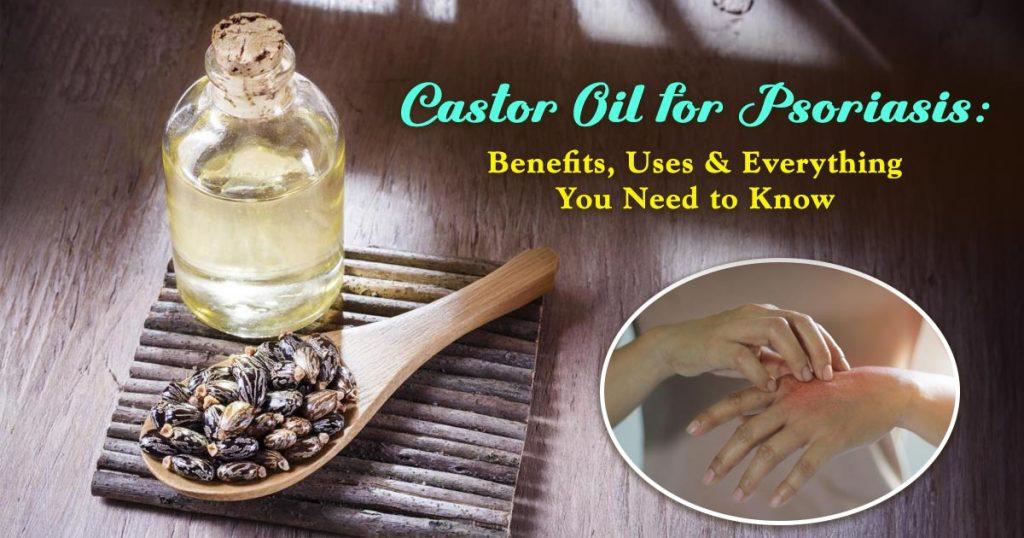If you’ve ever dealt with too many flakes and dandruff in your hair, you know it’s more than just an annoying issue. It can make your scalp feel itchy and uncomfortable all the time. Socially, it’s also embarrassing to have white flakes on your clothes or constantly scratch your head in public. When dandruff doesn’t go away, it could mean something more serious is going on. Common causes include skin issues like seborrheic dermatitis, fungal infections, or even scalp psoriasis.
Scalp psoriasis, affecting about 3% of people worldwide, is a chronic condition where skin cells grow too fast, forming thick, flaky patches that can be really itchy and painful. These conditions not only affect your physical comfort but also your self-esteem and social life.
What is Scalp Psoriasis?
Scalp psoriasis is a long-lasting skin disease that causes the skin on your scalp to grow too quickly. This leads to thick, crusty patches covered with silvery or yellow scales.
Symptoms and How Bad It Can Be
The symptoms of scalp psoriasis include:
- Thick, crusty patches on the scalp
- Silvery-white or yellow scales
- Intense itching
- Dry, cracked skin that may bleed
- Soreness or burning feeling
Scalp psoriasis can range from mild, with just a few flakes, to severe, where large, painful patches cover your scalp. This can make daily activities uncomfortable and affect your mental well-being.
Implications of Scalp Psoriasis
Living with scalp psoriasis can be tough. The constant itching and visible flakes can be embarrassing and make you self-conscious in social situations. In severe cases, it can even affect your sleep and concentration because of the discomfort. There’s also a risk of infections if the skin cracks and bleeds.
Common Treatments
Treatments for scalp psoriasis include:
- Topical corticosteroids: These creams reduce inflammation and slow down skin cell growth.
- Medicated shampoos: Shampoos with coal tar or salicylic acid help manage the scaling.
- Light therapy: UV light treatment slows skin cell growth.
- Systemic medications: oral or injected medicines for more serious cases.
One being seen as a good home treatment, however, is castor oil. Its anti-inflammatory and moisturizing properties can help soothe itching and reduce scaling.
What is Castor Oil?
Castor oil comes from the seeds of the castor bean plant (Ricinus communis). It has been used for centuries in many cultures for its healing properties. People commonly use castor oil as a natural remedy to help with constipation, moisturize skin and hair, and treat various skin problems.
Possible Use for Scalp Psoriasis
Castor oil might be helpful for scalp psoriasis because it can reduce inflammation and keep the skin moisturized. These benefits can help relieve itching and scaling on the scalp. A study found that ricinoleic acid, which is a key ingredient in castor oil, has anti-inflammatory effects that can soothe psoriasis symptoms.
How to Use Castor Oil for Scalp Psoriasis
To use castor oil for scalp psoriasis, follow these simple steps:
1. Preparation
Get some cold-pressed, organic castor oil for the best results. You can also use other oils, like coconut oil or add essential oils for extra benefits, but this is optional.
2. Application
Divide your hair into sections so you can apply the oil evenly.
Use your fingers or a cotton ball to put a small amount of castor oil directly on your scalp.
3. Massage
Gently massage the oil into your scalp for about 5 to 10 minutes. This helps the oil soak in and improves blood flow.
4. Rest
Leave the oil on your scalp for at least an hour. For the best results, you can leave it on overnight. Cover your head with a shower cap to avoid getting oil on your pillow.
5. Rinse
Wash your hair with a mild shampoo to remove the oil. Do this process 2 to 3 times a week or as needed.
Castor Oil for Psoriasis: Before and After
Before using castor oil, scalp psoriasis can be quite uncomfortable. You might have red, itchy, and painful patches on your scalp. The skin can become very dry, producing thick, silvery scales. In severe cases, your scalp might crack and bleed. Constant itching and scratching can also lead to temporary hair loss. These symptoms can make daily activities challenging and impact your self-esteem.
Castor oil may aid in these circumstances when used regularly. Castor oil’s anti-inflammatory qualities may help to lessen swelling and redness. Its moisturizing properties help to prevent dryness and flaking and may reduce the amount of thick scaling. Castor oil may help to greatly lessen irritation by maintaining skin hydration. It also helps to mend broken and bleeding skin, therefore promoting general skin health. You can see less hair fall and healthier-looking hair as your scalp condition becomes better.
Many people see noticeable improvements after consistently using castor oil for scalp psoriasis. Common positive results include smoother scalp skin, less itchiness, greater comfort in daily life, and boosted confidence due to a better scalp appearance and feel. Incorporating castor oil into your scalp care routine can provide significant relief from psoriasis symptoms, leading to healthier and more comfortable skin and hair.
